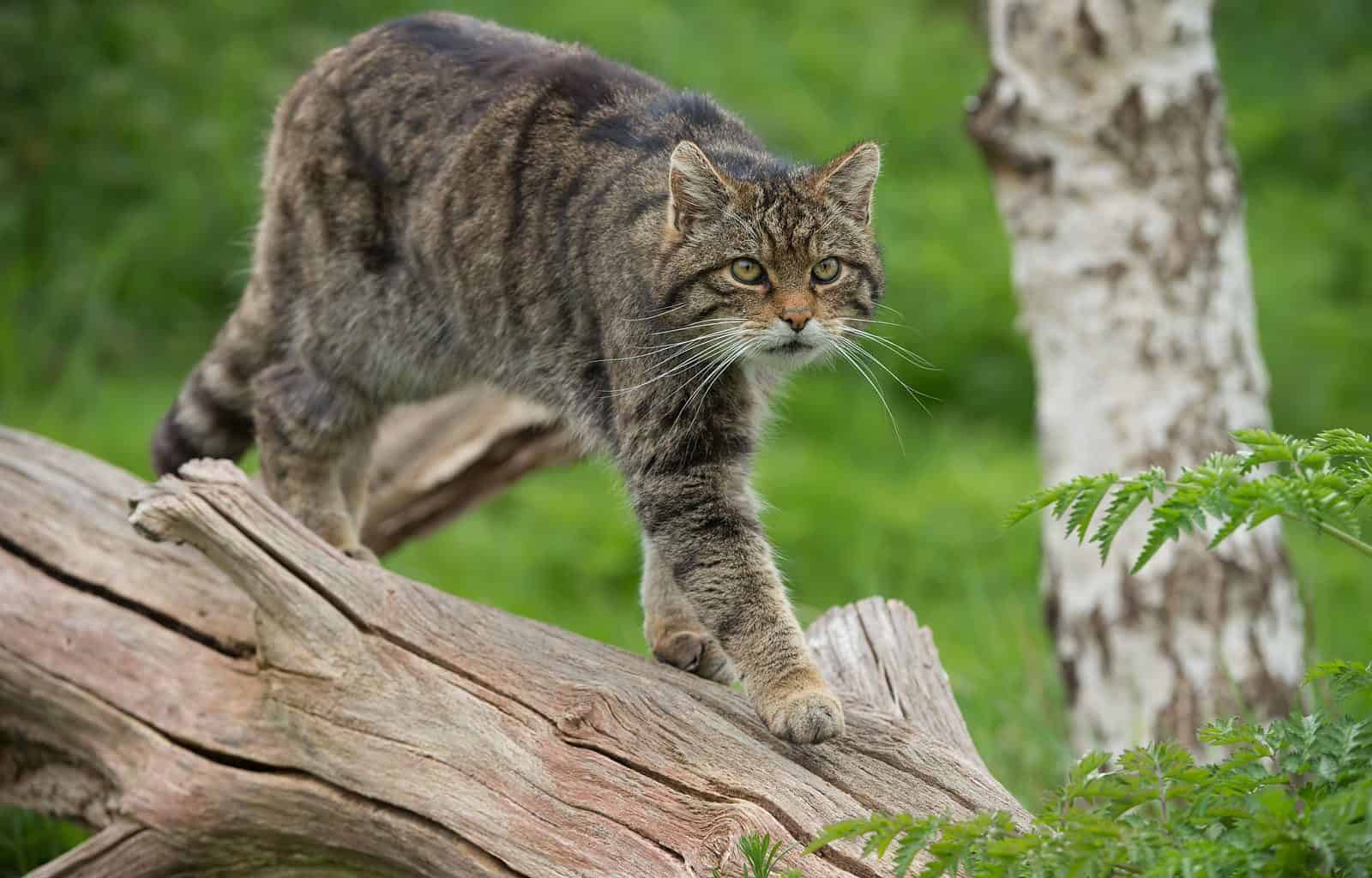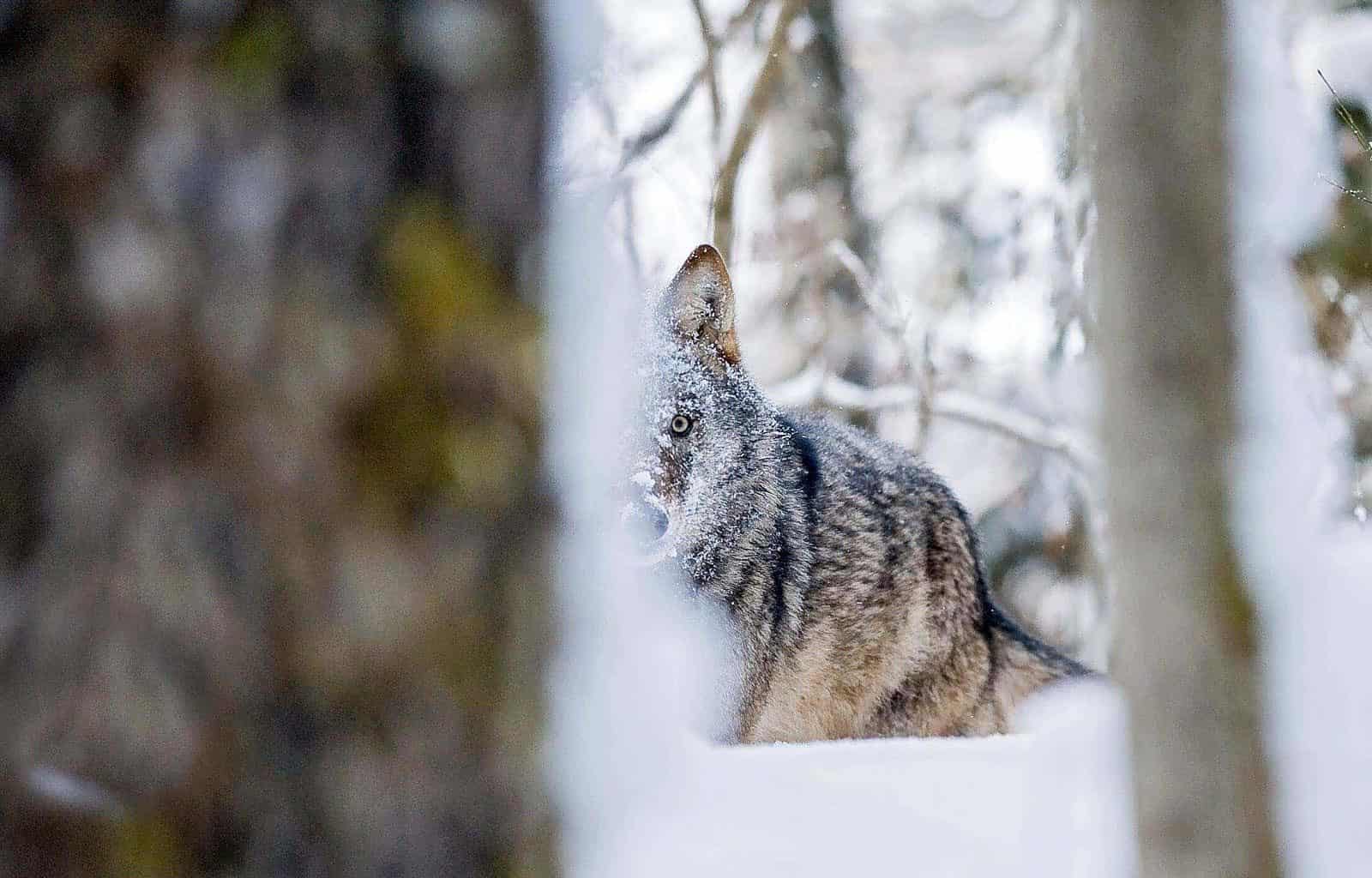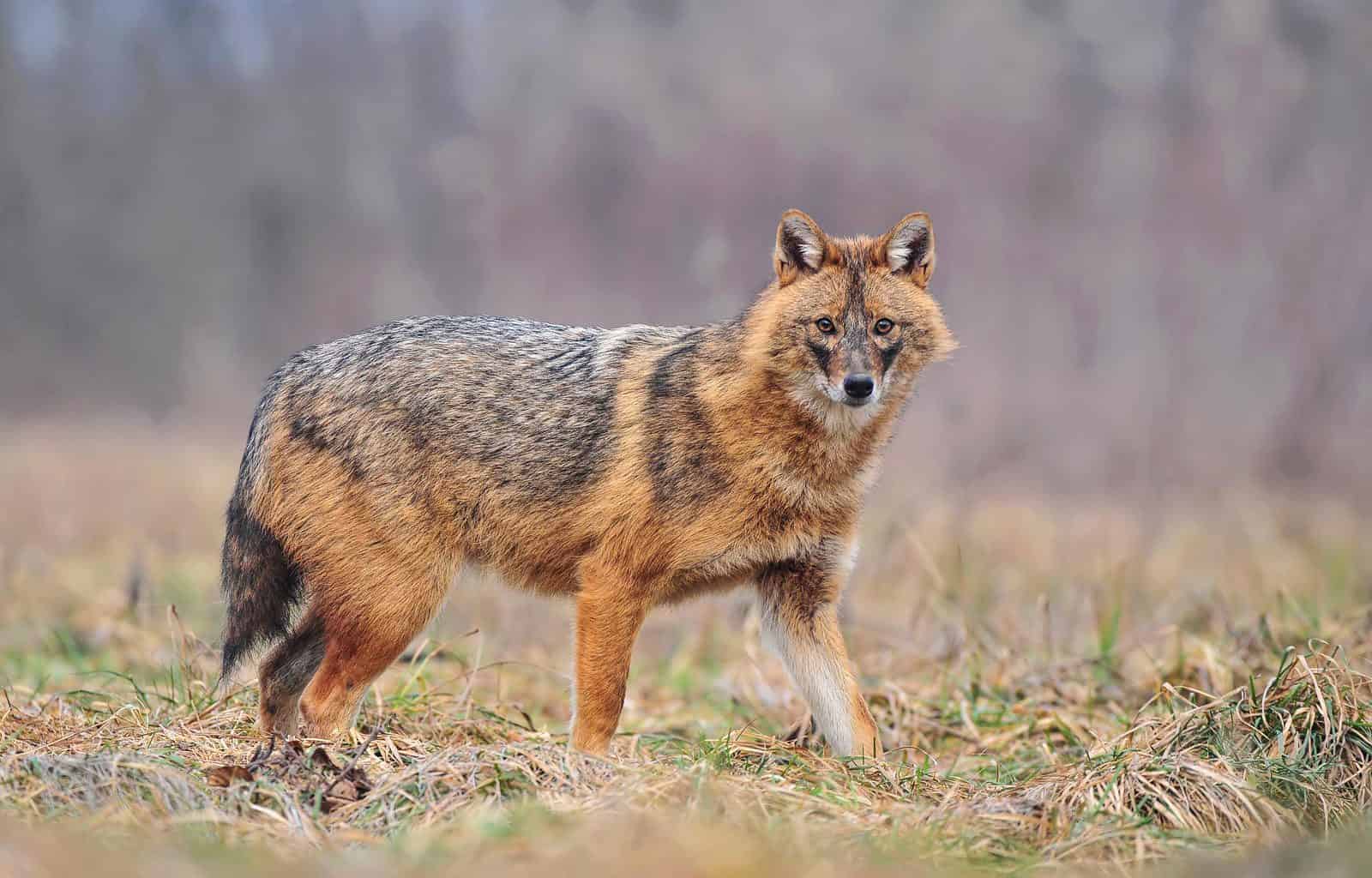COP 15 – Plan to protect 30% of planet by 2030
After two weeks of talks in Montreal, the 15th UN Biodiversity Conference (COP 15) concluded with a historic deal to protect life on Earth. The key decision made was a commitment to protect 30% of the planet by the end of the decade.
“Historic” deal at COP 15
Intense negotiations came to an end on Monday morning, with the creation of the Kunming-Montreal Biodiversity Framework. Despite delays and a last minute objection from the Democratic Republic of Congo (DRC) in regards to funding for developing countries, ministers passed the framework with rapturous applause. This deal is significant, with some comparing it to the 2015 Paris agreement.
The key component of the framework was the so-called 30*30 pledge. This pledge commits to protecting 30% of the planet, including land and water, by 2030. Despite some proposals to weaken protections, scores of nations were quick to push for its maintenance. Other important points in the deal included the preservation and restoration of ecosystems. The “sustainable use” of biodiversity (ensuring humans can continue enjoying ecosystem services) and a guarantee that natural resources and their benefits are shared evenly and fairly while protecting indigenous rights were also included.
“Last chance” for Planet’s nature?
As with many UN environmental resolutions, agreements on funding was an issue at the summit. The DRC did not back the deal as representatives felt there was not enough support to finance it from developed countries. Many countries in the Global South, including the DRC, harbour biodiversity hotspots, but lack the resources to sufficiently protect them from exploitation. A proposed fund for protecting biodiversity was also rejected by the assembly.
Many experts saw COP 15 as a “last chance” to safeguard global biodiversity. And although nations jointly committed to protecting nature by the end, there were divisions over ambitions of the deal. Many key figures in conservation found the deal was a compromise and should have gone further to prevent biodiversity loss. Considering the rate of ecosystem destruction and connected issues such as climate migration and zoonotic disease spillover, the world needs bold and rapid action. However, most scientists can agree that COP 15 was a success, despite the need to do more.
For far too long humanity has paved over, fragmented, over-extracted and destroyed the natural world on which we all depend. Now is our chance to shore up and strengthen the web of life, so it can carry the full weight of generations to come.








